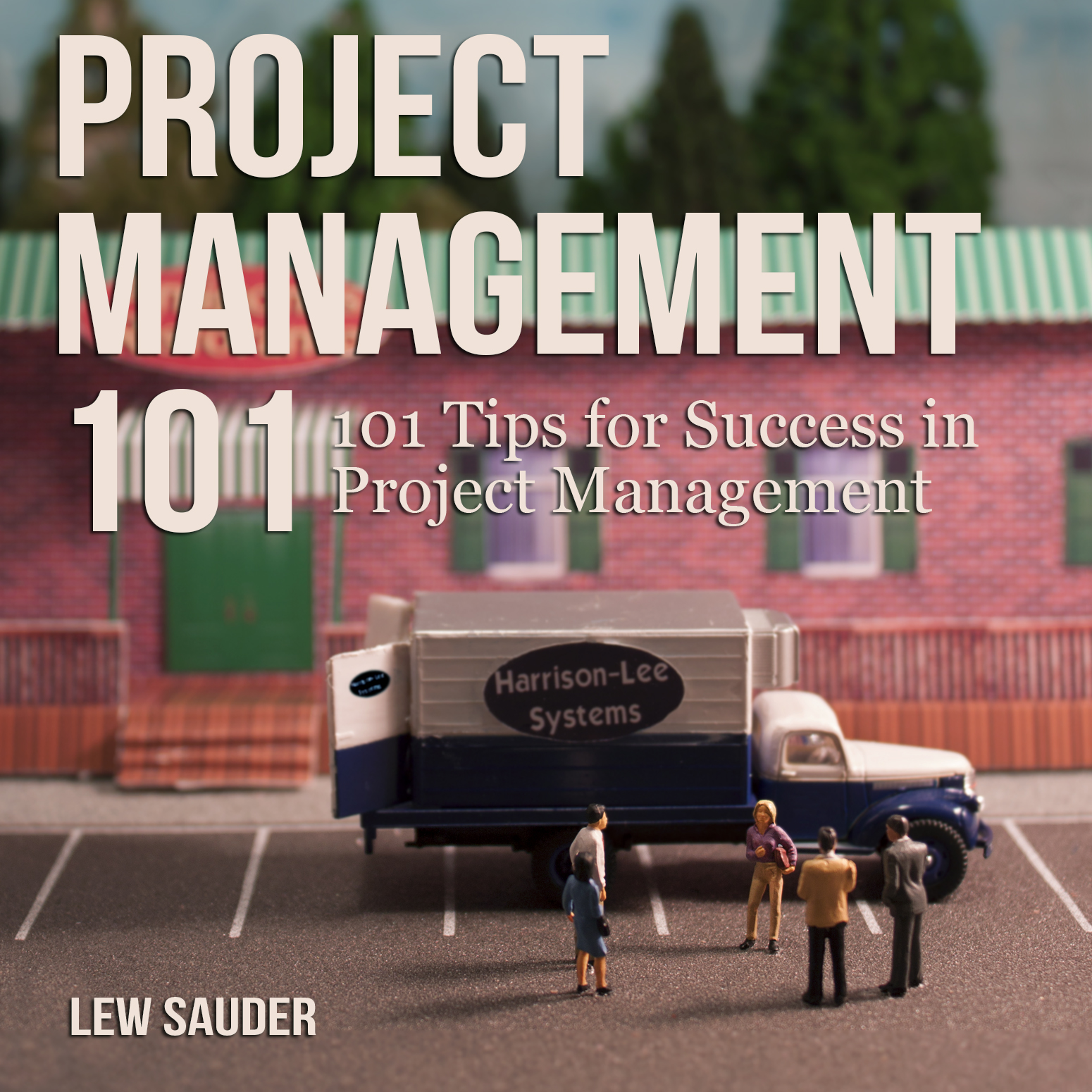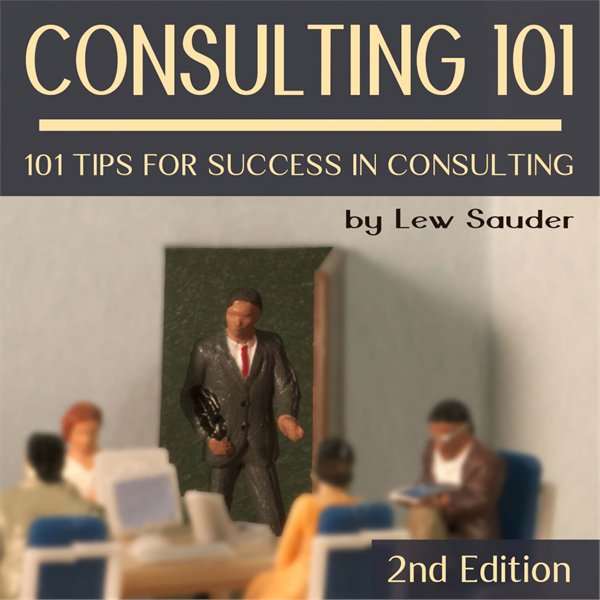As a project manager, it has been instilled in me to seek tasks that can be done in parallel. I try to identify tasks that two people can do at one time. I pinpoint dependencies to make sure tasks are done in the correct sequence.
I do this at home too. When I do even small projects around the house, I inherently think in terms of dependencies. I prioritize every task to be done. I look for tasks that can be done in parallel.
If I have a task that requires something to sit for some time, I’ll see if I can set that task up first and work on other tasks while the other one sits. For instance, when I cook, if something needs to bake for some period of time, I’m always looking for things to do while it bakes. My wife ridicules me on my uber-efficiency.
The multi-tasking approach
She on the other hand, believes she increases her productivity by multi-tasking. She will fill the sink up with dishes and let them soak. Then she’ll fold some laundry. She may stop and pick up a few things on the way. Then she gets distracted by whatever distracted her.
When something finally brings her back to the kitchen, she sees the water glasses that have been soaking for over an hour. They’re now sitting in cold water. She will drain the water and re-run hot water into the sink to wash them.
She just ran dish water twice, soaking dishes that didn’t have caked on food in the first place. We’ve had “discussions” about how multi-tasking wastes time in the long run. I’ve tried to convince her how it ends up wasting time. Additionally, when one side of the kitchen sink is full of soaking dishes and the other is full of air drying dishes, the sink is unusable.
Just do it for better performance at work
My approach is to start something and finish it. That’s how I wash dishes. It’s also how I do other work. If I’m working on a document, I avoid checking emails, social media, and other interrupters that can slow the process down.
Every time you stop a task, go to another, and return to the first, you have used valuable time in the restart process. There may have been times when you were interrupted on a task and said to yourself, “Now where was I?” upon returning to your previous task. The reality is, you say that to yourself every time you return to any task that has been interrupted.
I used to do the equivalent of the soaking-dishes approach. I’d be writing one of these very blogs. I might get stuck and see if any new emails came in. I’d check my three email accounts. Nothing in since I checked five minutes previously. I’d return to my blog and take at least 20-30 seconds to figure out where I was.
I learned from that. When I write a blog now days, email and all of the other interruptions are out of sight and out of mind. I can now get a blog written in roughly half the time.
For more information, checkout Career Management Tips for Project Managers
Parallel tasks
Doing tasks in parallel is not multi-tasking. If you put something in the oven to bake, you should definitely find other tasks you can work on. If you send an email to someone and have to wait for the answer, go ahead and work on something else. Ideally, the task you work on in parallel can be completed while the other one is working.
The key to better performance at work is to avoid the stopping and starting that cuts into the productivity.
How often do you interrupt your daily activities thinking that multitasking helps your productivity?
If you would like to learn more about a career in Project Management, get Lew’s book Project Management 101: 101 Tips for Success in Project Management on Amazon.
Please feel free to provide feedback in the comments section below.






0 Comments